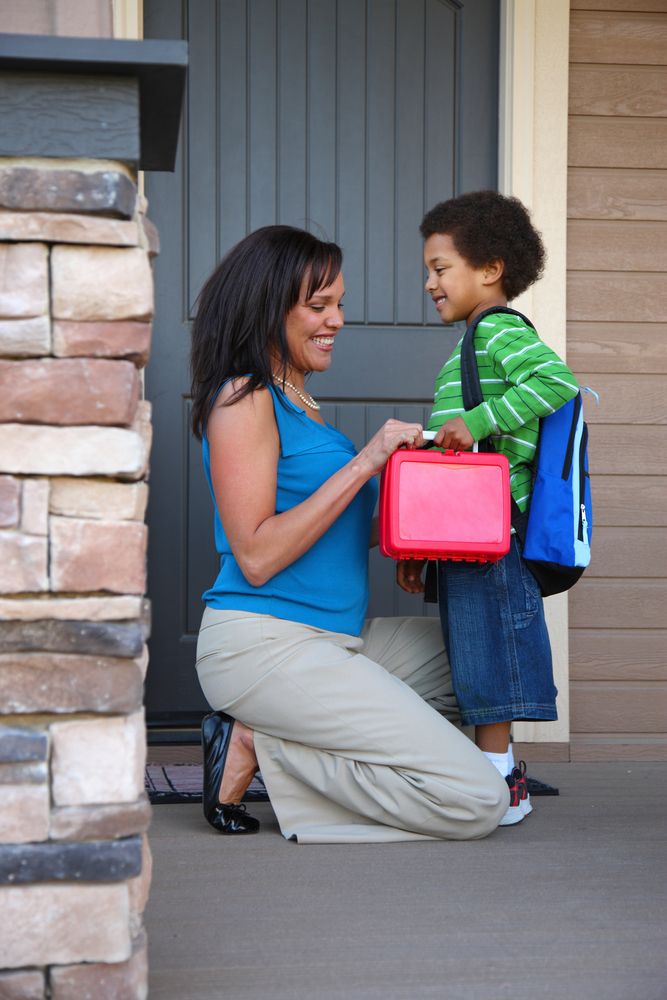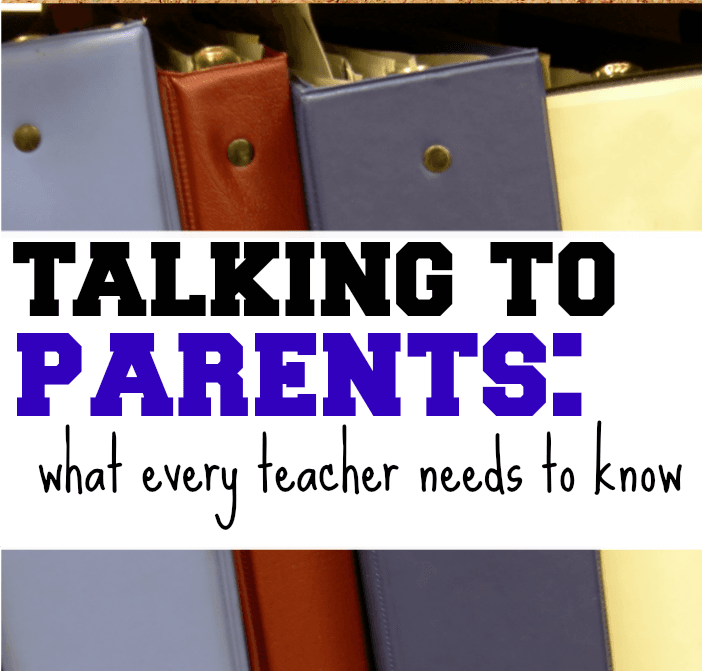BEST PRACTICES FOR TEACHERS IN WORKING WITH PARENTS
Sometimes one of the most difficult parts of child care is not caring for the children but it may be working with parents! One thing to keep in mind to help understand and respect this relationship: that the child is the most important thing in the life of that parent...and that is exactly as it should be!!
Parents Are Understandably Concerned
Parents may be frightened or worried about leaving the child, regardless of that child’s age.
While it is especially true of infants or newborns, it is also true of older children, even those of school age. Parents may be feeling guilty, with or without reason, and that fear or worry or guilt is coming to light as the parents talk with you.
Reassuring Parents
You can do much to relax and reassure the parents and reassure the child that you are a caring, concerned, and understanding care provider.
That’s truly all most parents want to know!

When The Child Arrives: Address both parent and child by name.
“Good morning, Mrs. Adams (or Amy, if she has asked to be called by her first name) and “Hi, Timmy! I’m glad you’re here. We’ll have fun today!”
Reassuring The Parent of an Infant: Parents are delighted to hear a child care provider speak calmly and quietly to their child who, in most cases, will respond to the quiet friendly voice with smile.
When The Child Is Ready to Leave: The same guidelines are true--address the parent by name and refer to the child by name. Try to involve the parent by informing them of something that has happened during the day.
“Jimmy had a good day--he played especially well this afternoon with the new push cart.”
“Sarah took an especially long nap today. She woke happy and played well all afternoon.”

When parents try to help: Making the most of the few minutes with a parent who is dropping off or picking up a child takes planning. Recognize that in all probability the parent is on the way to work and pressed for time.
If you are in a conversation with one parent as another parent comes into the room, the second parent may not want to interrupt. They may get their child and the child’s belongings not waiting to discuss the child’s needs for that particular day or how the child’s day went.
If you are in charge of a room for infants, it is especially important to try to avoid allowing parents to “help” in this manner. Know the policy of your child care center regarding parents or family members collecting items on their own. Even with labeling, these items may look like theirs, but may not be.
Plan your moments: Plan your moments before parents arrive. Try to be as ready as possible before they come, daily charts should be started or in the evening completed. This will give you more time for communication with the parent.
Parents will appreciate your organizational skills but you will be the real beneficiary of that advanced effort.
For more information, try our online child care classes:
Introducing Children to Child Care
